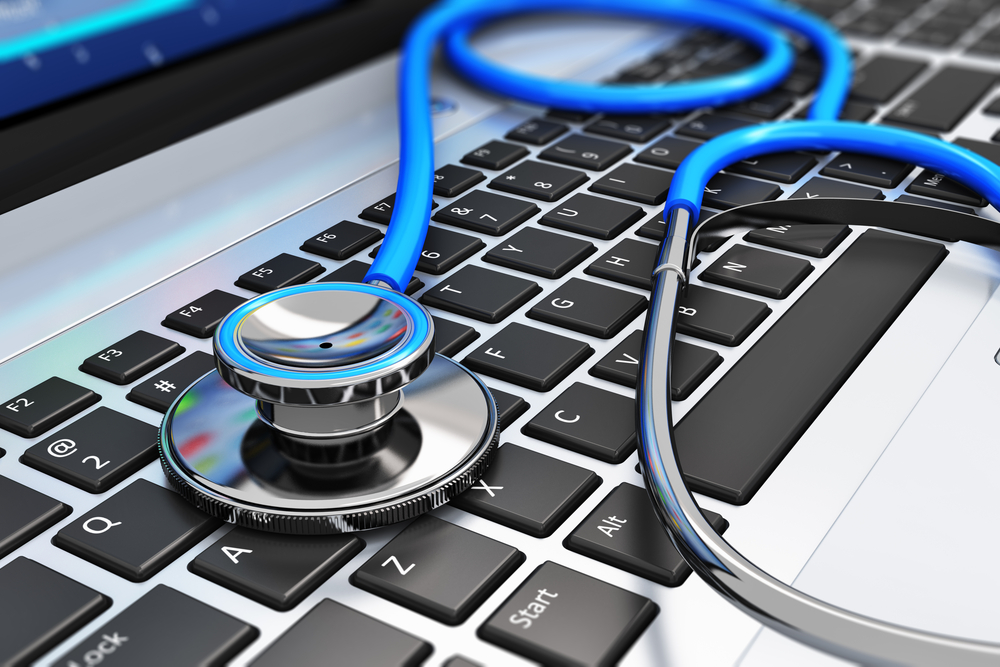Healthcare Trends for 2018
The healthcare system is currently undergoing radical change and is in the process of reinventing itself thanks to revolutionary developments. Dr. Adolf Sonnleitner of Mindbreeze has summarized the three biggest trends in the healthcare sector for 2018.
Intelligent assistance systems
There is growing support for diagnostic and therapeutic work, both in terms of equipment as well as through software:
Through the use of artificial intelligence, imaging diagnostics is experiencing a shift from routine assessment to high-quality diagnostics, as has been the case for years with ECG devices. These systems compare current radiographic and sectional images (CT, MRT) with archived images and thus considerably simplify diagnostics by drawing on the wealth of experience gathered using thousands of diagnostic images.
With well-arranged dashboards (medical cockpit), they support the physician in diagnosing symptoms and pinpointing drug treatments using the data from thousands of “learned” cases from known medical histories.
New therapy breakthroughs
Developments in the field of genetics now enable the treatment of genetic diseases, albeit at astronomical prices as yet. This opens up a completely new method for the treatment of rare diseases. For example, a hereditary form of blindness can now be successfully treated with gene therapy.
The combination of advanced diagnostic methods (e. g. tumor DNA analysis) and targeted therapy is paving the way to genuinely personalized healthcare.
Old diagnostics ̶ optimized and re-engineered
The development of progressively more sensitive sensors and more powerful processors makes it possible to considerably improve established diagnostic procedures (ECG, EEG, vital parameter monitoring) and to implement entirely novel methods of evaluation.
In this way, heart rate/respiratory rate monitoring via camera is made possible wirelessly. High-resolution ECG analyses and precise EEG/MRT enable the evaluation of brain activity, which facilitates new findings in the field of neurological and psychiatric disorders.
Innovative sensors such as blood glucose monitoring and pulse oximetry allow continuous data acquisition on a daily basis and eliminate cables and disruptive devices.
As a result, these systems will soon make their way into the home care and nursing care sectors.
Latest Blogs
The Future of Enterprise AI Depends on Smarter RAG Solutions
Today’s enterprise leaders ask how to make AI meaningful, responsible, and scalable. One architectural approach stands out as organizations look beyond isolated proof-of-concepts and begin embedding AI into workflows: Retrieval-Augmented Generation (RAG).
Boosting Enterprise Intelligence with Tool Calling
Introduction: A New Era of Intelligent SearchMindbreeze understands that enterprise needs have evolved. It is no longer sufficient for AI systems to retrieve documents or surface static answers. Tool calling meets this demand head-on.


